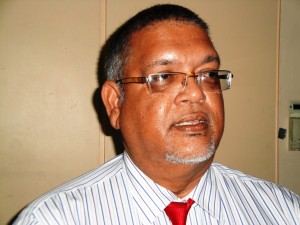Former chairman of the Private Sector Commission (PSC), Ramesh Dookhoo believes that Guyana has the potential of becoming a major player among Caribbean economies.
In the 2012 edition of Business Guyana, Dookhoo said that this fact has been increasing recognised by investors, many of whom are now discovering Guyana.






Comments are closed.